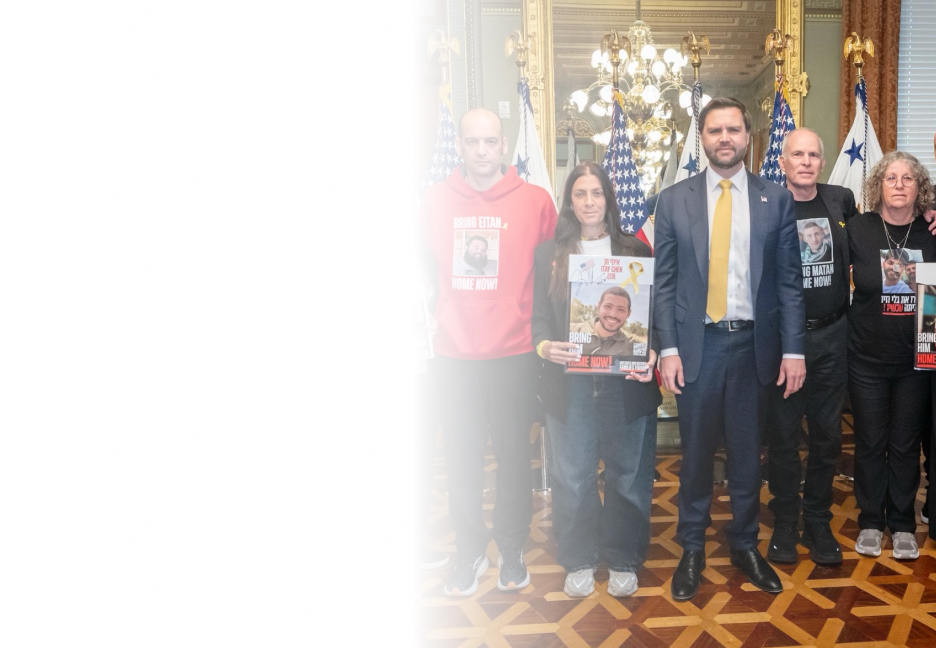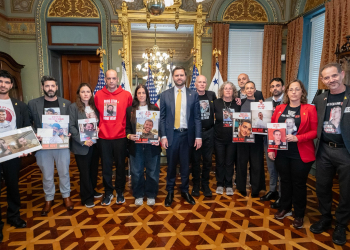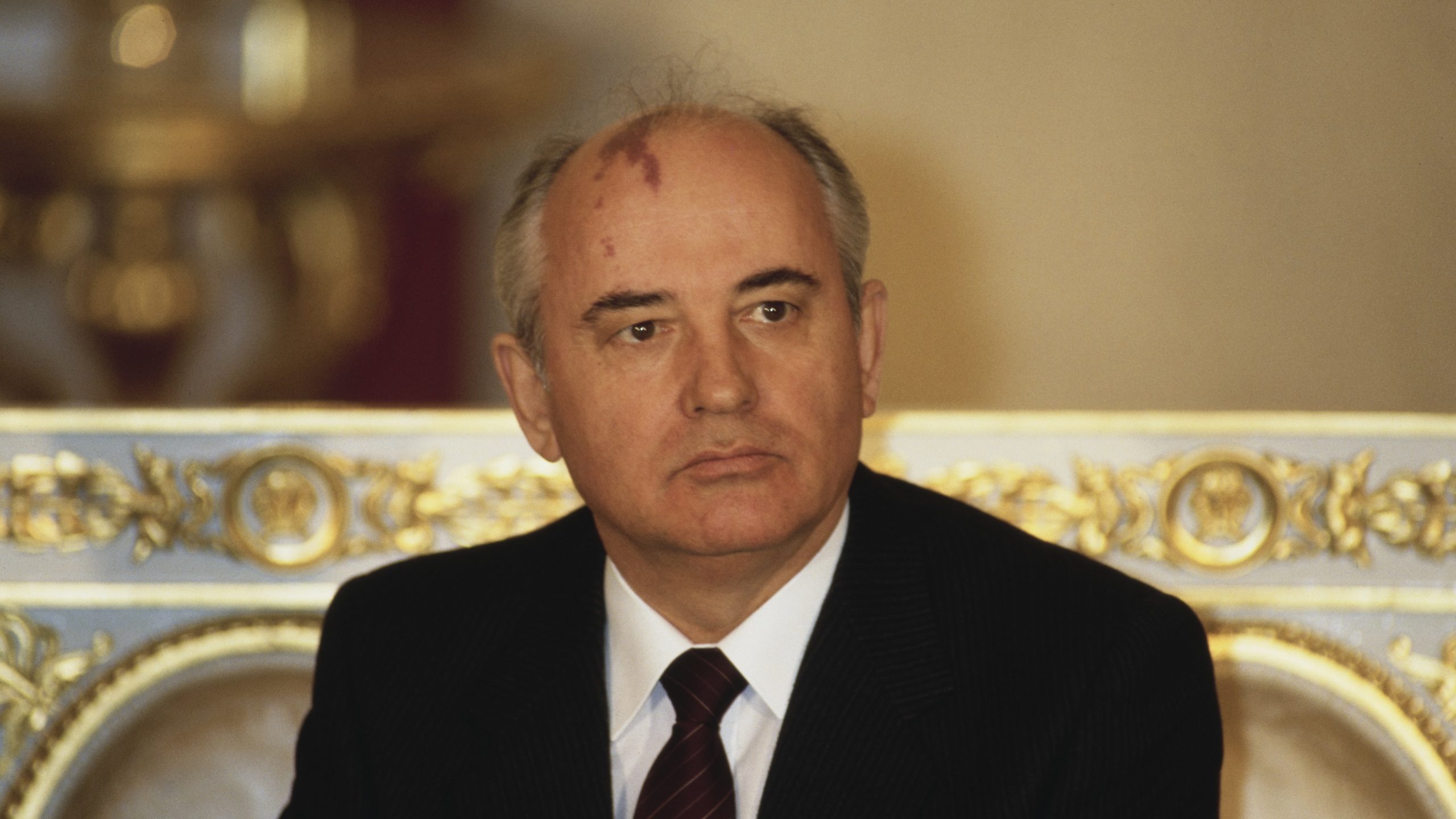Mikhail Gorbachev, Reformist Leader Who Presided Over Soviet Union’s Decline, Dies at 91
Former President of the Soviet Union Mikhail Gorbachev died on Tuesday at age 91, Russian media reported. “Mikhail Sergeevich Gorbachev died this evening after a serious and long illness,” the Central Clinical Hospital in Moscow was quoted as saying.
The Kremlin released a brief statement saying, “President Putin expresses deep condolences over the death of Mikhail Gorbachev,” and adding that “in the morning he will send a telegram of condolences to Gorbachev’s family and friends.”
Gorbachev was born in March 1931 in Privolnoye, Russia. He married Raisa Titarenko in 1953 and graduated from Moscow State University with a degree in law in 1955. Employed first by the Komsomol youth organization, he worked his way up through the Communist Party, joining the Politburo in 1979. Following the death of Soviet leader Leonid Brezhnev and the brief leadership stints of Yuri Andropov and Konstantin Chernenko, he was elected general secretary of the Communist Party of the Soviet Union in 1985, making him the de facto head of government.
This holiday season, give to:
Truth and understanding
The Media Line's intrepid correspondents are in Israel, Gaza, Lebanon, Syria and Pakistan providing first-person reporting.
They all said they cover it.
We see it.
We report with just one agenda: the truth.


Gorbachev brought a new, more open and moderate style of leadership to the USSR, which he called glasnost (“openness”) and a series of economic reforms referred to as perestroika (“restructuring”). He withdrew Soviet troops from Afghanistan nine years after Brezhnev embarked on a disastrous war there. Summits that brought Gorbachev together with US President Ronald Reagan led to agreements on limiting nuclear weapons and winding down the Cold War.
Among the changes that Gorbachev brought to the Soviet Union was an end to restrictions on religious practice, and a liberalization of the government’s policies toward its Jewish citizens, including those who sought to leave the country. In 1985, the year he came to power, just 1,140 Jews were permitted to emigrate. But in 1986, the USSR released prominent refusenik Natan Sharansky, who served nine years in prison for his activism in the Jewish community and outspoken support of human rights. The release of additional refuseniks followed, and the number of Jews and their close relatives who were permitted to emigrate rose sharply, exceeding 200,000 in 1990.
Rabbi Pinchas Goldschmidt, the chief rabbi of Moscow from 1993 until this year, said of Gorbachev, on Twitter, that “3 million Soviet Jews owe him their freedom.”
Israeli President Isaac Herzog, also on Twitter, called Gorbachev “one of the 20th century’s most extraordinary figures,” adding that he was “a brave and visionary leader, who shaped our world in ways previously thought unimaginable. I was proud to meet him during his 1992 visit to Israel. Heartfelt condolences to his family and friends.”
Gorbachev’s democratic reforms undermined the Communist Party’s monopoly on power within the Soviet Union and loosened the Soviet grip on its Eastern bloc satellite states. He refused to intervene militarily as, one by one, they broke free and established independent, and generally more democratic, regimes. His own power in the newly created office of president of the Soviet Union was weakened by Communist Party hard-liners who attempted a coup against him in August 1991. Growing nationalist sentiment in Russia led to Gorbachev’s resignation and the Soviet Union’s dissolution in December 1991, less than 75 years after the 1917 Russian Revolution.



